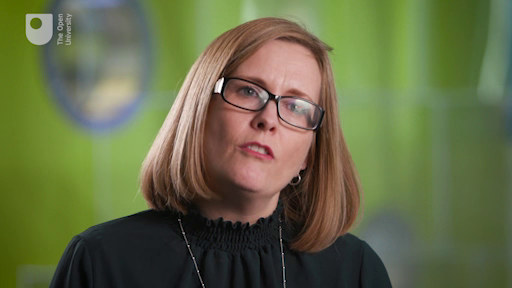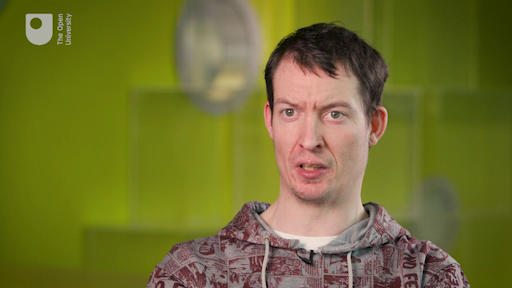2.1 The impact of self-advocacy
Self-advocacy is about people with learning disabilities working together to make change. This could be about personal change, or political change. The main point about self-advocacy is that it recognises that people with learning disabilities are the experts in their own lives.
Watch this film of Kelly Edwards, a self-advocacy support worker at Northamptonshire People First self-advocacy group, talking about the importance of ‘peer support’.

Transcript: Video 5
Now complete Activity 4.
Activity 4 The power of self-advocacy
First watch this film about Shaun Picken talking about his involvement in self-advocacy group My Life My Choice.

Transcript: Video 6
Now click the link below to answer the poll on what you consider the most important reason for self-advocacy.
Link: Self-advocacy [Tip: hold Ctrl and click a link to open it in a new tab. (Hide tip)]
Once you have submitted your choice you can then see how others have voted.
According to Shaun, funding is also a big problem with many self-advocacy groups being forced to close. This is very concerning, especially considering how important self-advocacy groups can be for people with learning disabilities.
It is not just people with learning disabilities who are speaking up for themselves and others though. Family members also have a long history of advocating. You will explore this more in the next section.
